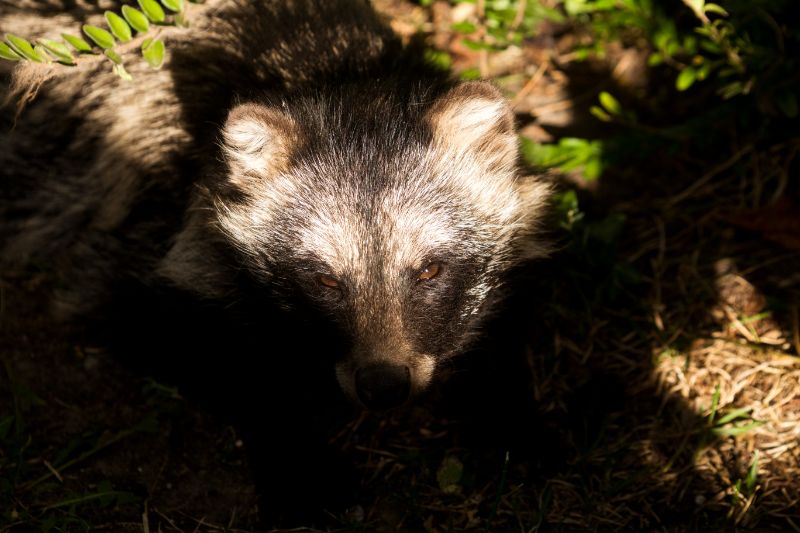
The best relationships have a give-and-take dynamic, and the bond shared between pets and their people is no exception. Our pets positively impact our physical and mental health – the least we can do is maintain their health and wellbeing.
Disease prevention (including routine vaccinations and year round parasite prevention medication) is a major component of responsible ownership. Equally important is an owner’s awareness – and hindrance – of dangerous zoonotic diseases.
The Risks of Closeness
A deep appreciation of a pet’s needs can have a tremendous influence on their long term health, but also makes a difference in their environment. While most of us are guilty of allowing a few slobbery kisses every once in a while, this closeness can come at a price if a four-legged friend isn’t protected from environmental pathogens.
Fortunately, preventive medicine (including vaccinations and parasite prevention), sanitation, and hygiene can stamp out communicable diseases between pets and their people.
Reading Between the Lines
Zoonotic diseases are those passed between animals and people. Symptoms can range from mild to severe and have the potential to cause human deaths every year.
Zoonotic disease can be picked up in the soil, via contaminated surfaces (like communal food and water bowls), water, in livestock pens and cages, in the urine of an infected animal, unwashed fruits and vegetables, undercooked meats, and through vectors like mosquitoes, fleas, and ticks.
Spread by bacteria, viruses, fungi and parasites, zoonotic diseases include the following:
- Rabies – A fatal disease transmitted through the saliva of an infected animal (often a penetrating bite).
- Lyme disease – Passed by ticks, this disease can cause long-term neurological issues and other health problems.
- Toxoplasmosis – This parasite can be found in cat feces and presents a serious risk to pregnant women.
- Leptospirosis – A bacterial infection spread through the urine of an infected animal.
- Giardia – A parasitic infection in the GI tract occurs when drinking contaminated water.
- Salmonellosis – Found in food and water, this bacteria can also be spread via certain animals like reptiles.
- Roundworms and Hookworms – Intestinal worms can be dropped in feces into a shared environment.
- Cat scratch disease – Found in flea feces, Bartonella bacteria can get into an open wound to cause illness.
Always Out There
Kids under age 5 and the elderly are at a higher risk of complications from zoonotic diseases. Those with compromised immune systems should also be cautious. To limit your family’s possible exposure to risky pathogens, we recommend the following strategies:
- Always wash hands after handling an animal and especially after cleaning up their messes (or wear gloves each time you clean the litter box or pick up poop in the yard)
- Maintain routine vaccinations and parasite control.
- Opt to have your pet screened for parasites at their yearly or bi-annual exam.
- Wear gardening gloves when working in the yard.
- Check for ticks after any time spent outdoors.
- Thoroughly wash any bite marks or scratches with hot water and soap.
- Do not allow your pet to eat raw or undercooked meat.
- Manage rodent population on your property so your pet doesn’t eat them or pick up their fleas.
- Be sure to cover up areas, like children’s sandboxes or play areas, to limit animals from defecating or sleeping there.
No Thanks, Zoonotic Disease
We can all agree that the advantages of pet ownership outweigh the risks of zoonotic diseases, but that doesn’t mean we should be lax in our prevention methods. If you have questions about how to protect your pet and your entire family, our staff is always here for you at True Care Veterinary Hospital.

